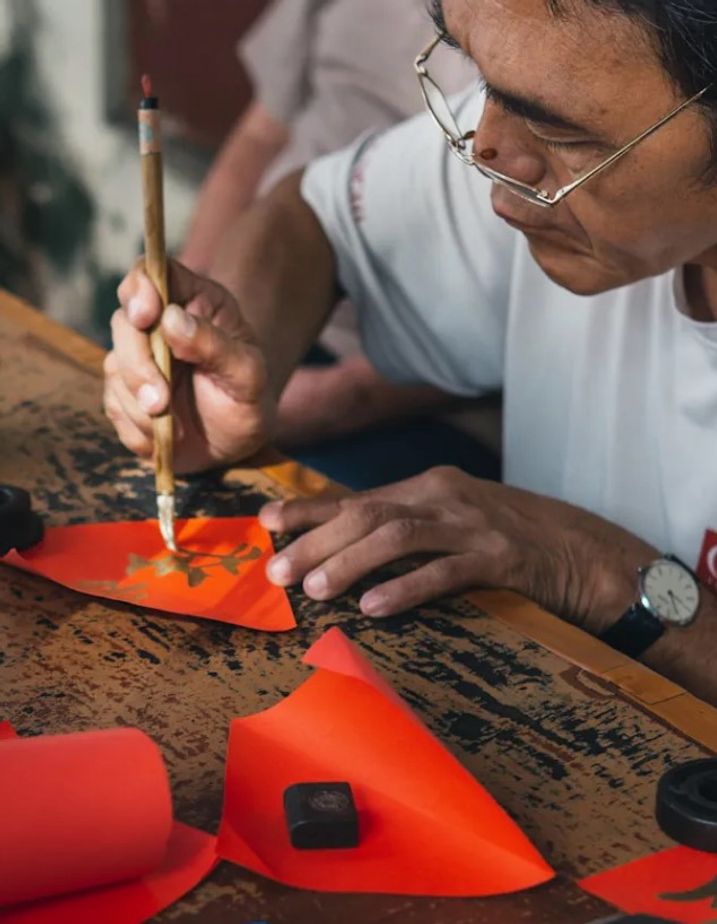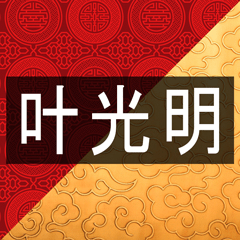
China’s ‘Sinicization’ Of Religion
The sinicization of religion should be welcomed. The original Chinese “宗教中国化” means “to make religion Chinese”. Genuine Chinese Christianity should be ‘Chinese’ in the sense that its worship of Jesus is culturally Chinese, the ‘offence' being that of the cross of Jesus Christ. Normally, therefore, “the term ‘religious sinicization’ refers to the indigenisation of religious faith, practice, and ritual in Chinese culture and society.”
 But that is not what the Chinese government means by sinicization. President Xi has called for the ‘sinicization’ of religion in China led by the Chinese Communist Party (CCP) to ‘guide the adaptation of religions to China’s socialist society.’ For President Xi, ‘religious sinicization’ is primarily political and ideological. Ideologically it seeks to revive the sway of Party ideology over religious belief and practice.”
But that is not what the Chinese government means by sinicization. President Xi has called for the ‘sinicization’ of religion in China led by the Chinese Communist Party (CCP) to ‘guide the adaptation of religions to China’s socialist society.’ For President Xi, ‘religious sinicization’ is primarily political and ideological. Ideologically it seeks to revive the sway of Party ideology over religious belief and practice.”
Tom Harvey argues that “the rise of religious interest, practice, and identity in China have paralleled the nation’s staggering economic development and rise in international influence. Certainly, China’s growing wealth, power, and international influence are welcomed by the CCP, but the growth of religion disturbs officials and scholars loyal to the CCP… For the CCP, the rise of religion represents an existential threat to the ideological health of the nation and ‘sinicization’ is its fitting remedy.”
Churches must be forced to teach Xin Jinping socialist thought more than the Bible. Believers must be sinicized, or taught that it is Xi Jinping, not God, that has blessed China. “Thus, ‘religious sinicization’ requires patriotic education and public displays of loyalty to the CCP in churches, mosques, and temples. In officially registered churches replacing paintings of Jesus with portraits of a benevolent ‘Uncle Xi’ signal to the faithful that worship of the State, the Party and its Premier are now required.”
For example, on June 2nd a training course for key teachers of Christian theological schools was completed at the Central Institute of Socialism. Christian professors were summoned from all over the country to learn about the core Marxist principles, the 20th National Congress of the CCP, and Xi Jinping’s thought on a “new era of Socialism.”
Elsewhere, an inspection was carried out in the Zhejiang Theological Seminary. The focus was on ‘public courses in the seminary which “should occupy not less than 30% of the total curriculum.” Public courses should include “ideological and political theory and Chinese culture and society, with the goal of an in-depth study of Xi Jinping’s thought for the new era of socialism with Chinese characteristics, continuous development of socialist core values education,” as well as “advanced socialist culture, ideological and political theories, laws and regulations.” Thus there are regulations for inspection to “assess the ideological and political performance of the teachers, ethics, professional level, and work performance of teachers and administrators, and the results of the assessment shall be used as the basis for appointment or dismissal, promotion, reward, or punishment.” Thus Marxist ideological purity rather than Biblical faithfulness is the standard to be used for hiring and firing of seminary teachers.
Xi’s policy of ‘sinicization’ is already forcing unregistered churches to revive smaller clandestine meetings to avoid the politicising of the church by the State. “The actual effect of ‘sinicization’ could well nurture the very religious autonomy that it was designed to crush. The current attempt to rein in religion in China will change Chinese Christian churches, but it is unlikely to cut off their continued growth and influence, given their ability to adapt quickly.”
Pray for wisdom for church leaders in this new age of the sinicization of Christianity.
Pray for courage and faithfulness for seminary and Bible school teachers.
Pray that the gospel of salvation in Jesus would spread all over China.
Source: Thomas Harvey writing for the Lausanne Movement.

